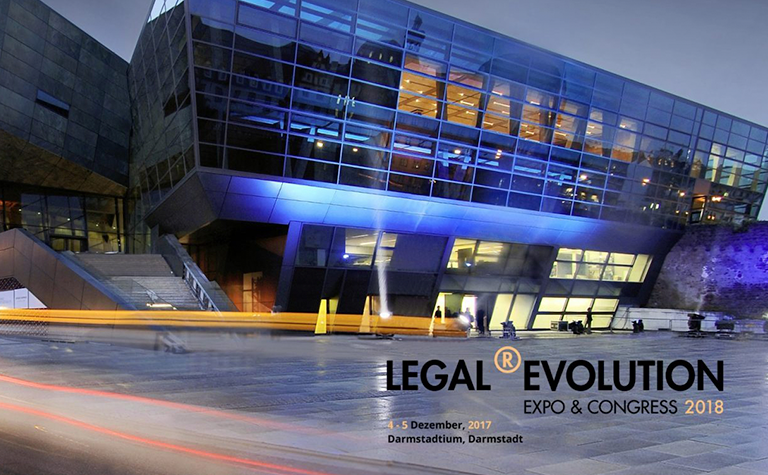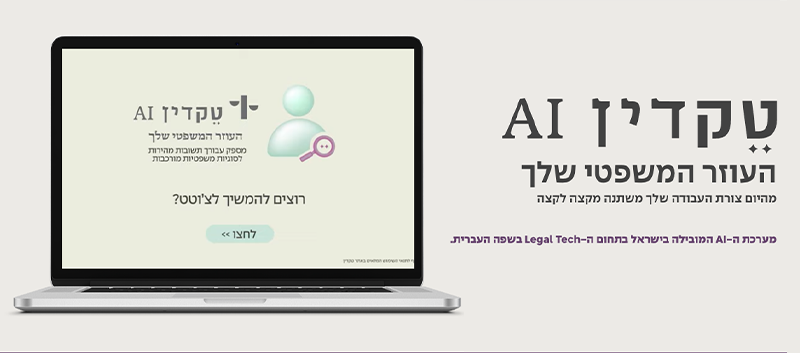
Tech&Law team
Article written by Tech&Law team
When it comes to the world of law, technology dealing with legal issues has become the forefront of innovation (“Legal Tech”).
Legal Tech refers to the use of technology and software to provide legal services.
The day to day work of in-house legal departments is hectic. There is a lot to do and not a lot of time to do it. In a report published by LexisNexis, researchers identified the main barriers to the use of legal tech by GCs (General Counsels), as follows:
- lack of resources,
- lack of time
- lack of understanding
In many cases, according to LexisNexis, GCs do not have the time and/or skills to test and attempt to implement legal technology nor do they have the basic understanding and background in technology or the resources available that they would need to do that testing.
In addition, it seems that GCs have concerns regarding Legal Tech replacing them in the long run. Thus, GCs do not see Legal Tech as a relevant part of their work and instead, use the current technology and solutions existing in their organizations (whether they fit the legal work or not).
Needless to say, that it is quite ironic that Legal Tech is aimed to increase efficiency and save time, while it is that very lack of time that is preventing in-house legal departments from engaging with Legal Tech.
While this is the current situation, it is about time to change it and embrace the Legal Tech and its benefits. Legal Tech is here to support and assist the GCs and their teams and not to replace them. Legal Tech is aimed to do much of the basic legal work and nitty gritty paperwork. This frees up time for GCs and their team to focus on other aspects of their roles. In particular, implementation of Legal Tech shifts the focus of many GCs towards leadership and strategic business work.
The first priority of GCs should be the growth and business challenges of their organizations. By handing off the smaller nit-picky legal work to technology, GCs and their teams can spend more time in using legal work as a tool to overcome the challenges and to become part of the growth movement.
Another important benefit of Legal Tech is accessibility and reducing bottleneck. The ability to access the legal work anywhere and anytime is a game changer for legal departments. Cross-departmental work becomes easier, leading to more interdisciplinary work and more time-efficient transfer of ideas – and information can be shared quickly and easily (also with other departments and business units).
So, how can General Counsels (GCs) and their teams benefit from all of this?
- When necessary, borrowing resources from IT departments.
- Assigning specific team members to test different technology and tools and doing “baby-steps” processes.
- In cases where time is still an issue and the abovementioned ways are not solving the challenges, GCs should consider external resources, such as tech consulting services.
Any way we look at it, Legal Tech is the future and is here to stay (like the internet and smartphones). Although there may be challenges at the moment facing implementation of Legal Tech, GCs should always remember that the benefits available outweigh them significantly.







